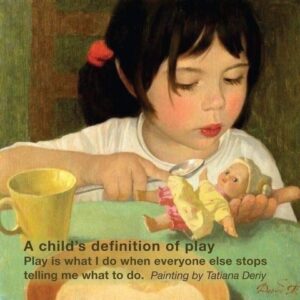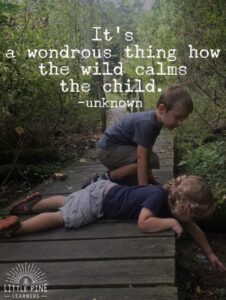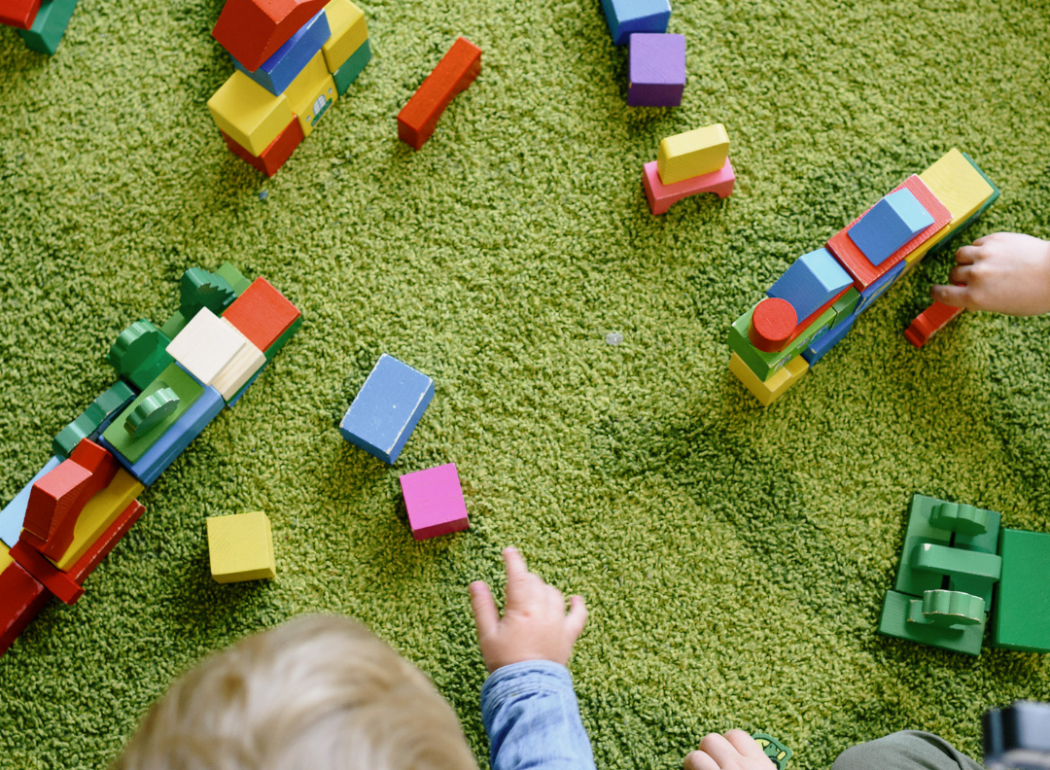It’s National Play Day so we caught up with WBAS Play and Filial Therapist Amanda to learn more about the benefits and importance of play and why it’s so essential in a child’s development.
“As a Play Therapist I meet children in their world, on their terms, and build therapeutic relationships to help them gain an understanding of themselves. Play therapy is powerful, children often express themselves through play rather than language.
Filial Therapy is a form of family play therapy where I support parents to learn the therapeutic play skills that they will need to hold their own sessions with their children – so parents join their children on their therapeutic journey”, says Amanda with genuine enthusiasm when I ask her about her role.

Play as Amanda has touched on above possesses many essential benefits from helping children to learn about and explore the world around them and relationships to helping children to make sense of their various experiences.
“Play is universal, says Amanda “Adults play, children play, animals play. When I trained as a therapist I learnt about a tribe in South America where the children played out the rituals surrounding the death of a member of their community. This helped them to make sense of the massive loss and learn the skills they would need to take part in these rituals themselves as adults. Play is so powerful and works on so many levels”
Play can help children to realize the life skills that they are going to need as an adult. It can be cathartic, deeply connecting and highly self-regulating.
Amanda adds, “It’s a natural way of making sense of the world, it’s a child’s language. By looking at children’s play it gives us insight into their inner world.
Different types of play
In Amanda’s experience children will always find a way to play in the most surprising and inventive ways:
– Cooperative play with other children. All play is beneficial, a range of different play experiences is important but cooperative play also helps to develop socialisation and problem solving skills in a group setting.
– Experimental and explorative play. This can include so many things such as: mud pies, water play, making a mess, role play, drawing, cooking, sensory explorations. When we trust a child’s process and enable them to seek out the play experiences that they need play can be remarkably healing, on an emotional and physical level.

– Embodiment play/physical. This can include dancing, telling stories, singing, playing with voices and different characters.
“Play is all about building confidence and new skills, says Amanda “children will always find new and magical ways to play.
“For example den building – it’s so simple, with a blanket and a table, the potential spaces that can be created with everyday things such as cardboard boxes, chopsticks as magic wands…
“The magic of play can often reach out to us as adults as we watch our children play and we are transported back to our own childhood experiences and our own inner child.”
Opportunities to play
There are so many opportunities to play which can include:
-Dressing up, designing Lego buildings, making up stories, using household objects to make musical instruments, creating a kaleidoscope with a toilet roll!
– Playing outdoors. We are blessed with an abundant variety of natural spaces in South Wales such as beaches, woods, caves, fields. These areas provide the perfect canvas for creating fantasy worlds; kicking up leaves, throwing rocks into a pool, drawing pictures into the sand, making magic potions from berries and leaves…
I would highly recommend this book for any parents who are looking for inspiration in the outdoors. The Woodland Trust have some lovely ideas for families too.

“As adults we often want to lead our child’s play but we shouldn’t underestimate the capacity of children to lead their own play and create, says Amanda
“Part of Filial Therapy is learning how to set healthy boundaries in play that doesn’t disrupt the natural development of things but keeps things safe.
“Parents can do this by acknowledging their child’s needs or feelings, and redirecting their child’s impulse to something different and perhaps safer. Offering a space where children can express themselves more freely and safely helps, having water play or messy play outdoors can make it easier to allow children to splash and become more immersed in the sensory experience.
“It’s important to notice your child’s feelings and the underlying drive in these instances. Play can help to fill gaps in missed development ”
In conclusion, play is a key therapeutic tool used here at WBAS and in adoption more generally; it’s vitally important in helping to strengthen attachments and bonds – the worlds created by children and the participation and co-creation in these worlds with parent figures helps families to connect deeply and conveys genuine interest and love from parents, demonstrating you want to connect with your child on their level.

For more information on play and #NationalPlayDay and the benefits of play please visit here

